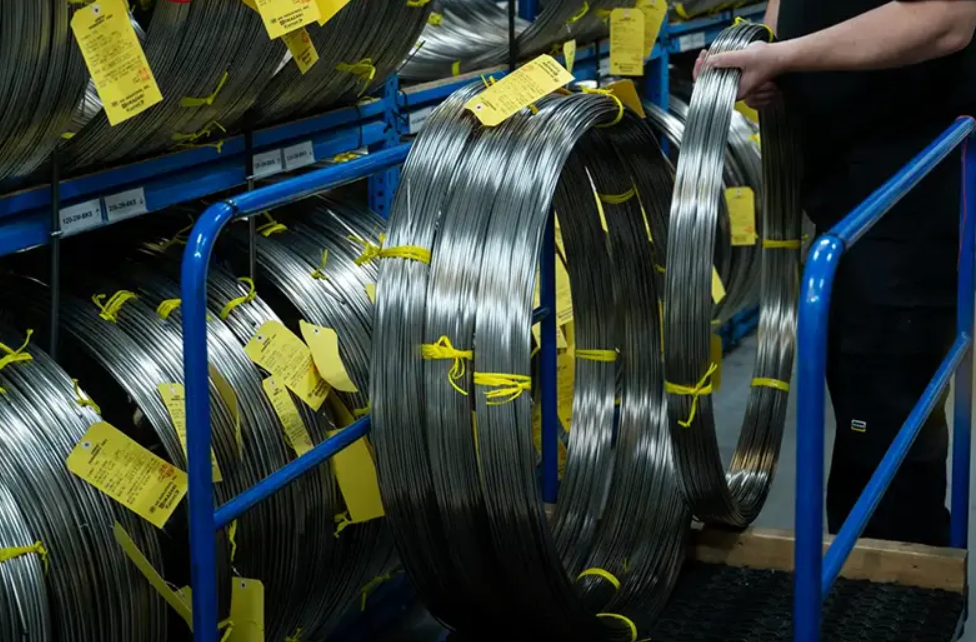Optimizing high-temperature processes
Industrial processes that operate at extreme temperatures require precise and efficient heating solutions. From metal smelting to chemical processing, the ability to maintain stable temperatures is crucial for product quality and operational efficiency. Advanced heating systems and high-temperature sensor play a key role in achieving this balance. But how can industries optimize their heating solutions for durability, energy efficiency, and precision?
Challenges in high-temperature environments
Industries operating at temperatures exceeding 100°C face unique challenges. Extreme heat accelerates material degradation, leading to increased maintenance and operational costs. Fluctuations in temperature can negatively impact product consistency. Other factors, such as corrosive gases, pressure changes, and intense radiant heat, further complicate the reliability of industrial heating elements and sensors.
To overcome these challenges, industries must select materials and technologies designed to withstand prolonged exposure to extreme conditions. Choosing the right heating and sensing components as a mineral insulated thermocouple cable ensures longevity. It reduces downtime, and improves energy efficiency.
Industrial heating solutions
There are several advanced heating technologies designed to meet the demands of high-temperature industrial applications:
- Electric resistance heating: heating elements made of nickel-chromium or molybdenum provide precise temperature control in furnaces and smelting applications.
- Induction heating: uses electromagnetic induction to generate heat directly in conductive materials, making it an efficient option for metalworking.
- Radiant heating: infrared and ceramic emitters generate high temperatures without air movement, ideal for sensitive industrial applications.
- Filament heating and thermal emitters: used in vacuum environments and specialized furnaces where accuracy is critical.
The effectiveness of these heating systems is heavily dependent on the materials used. High-performance materials such as silicon carbide, platinum-rhodium alloys, and inconel extend the lifespan of heating elements and improve efficiency.
Selecting the right temperature measurement technology
Accurate temperature measurement is essential for controlling high-temperature industrial processes. Thermocouples are the most commonly used sensors in extreme heat applications. However, selecting the right type is critical.
In addition to temperature range, environmental factors such as chemical exposure and mechanical stress must be considered. Protective sheaths made of ceramic can extend the lifespan of thermocouples by shielding them from corrosive gases and oxidation.
Enhancing energy efficiency and process optimization
Efficiency is a key factor in industrial heating solutions. Reducing energy consumption not only lowers costs but also minimizes environmental impact. Several strategies help optimize heating performance.
Maintaining reliable heating and measurement systems
Even the most advanced heating solutions and thermocouples require regular maintenance to ensure accuracy and longevity. By implementing strategies, industries can maintain efficient and reliable high-temperature operations, ensuring product quality and process stability.
